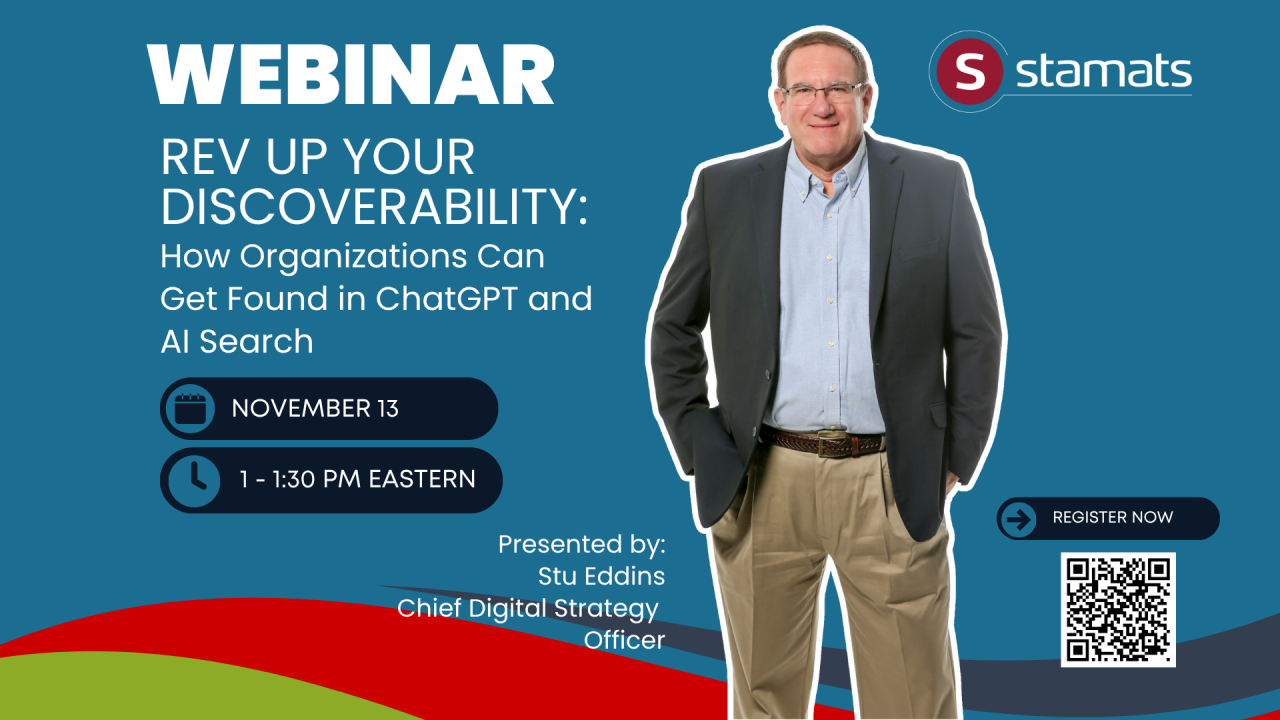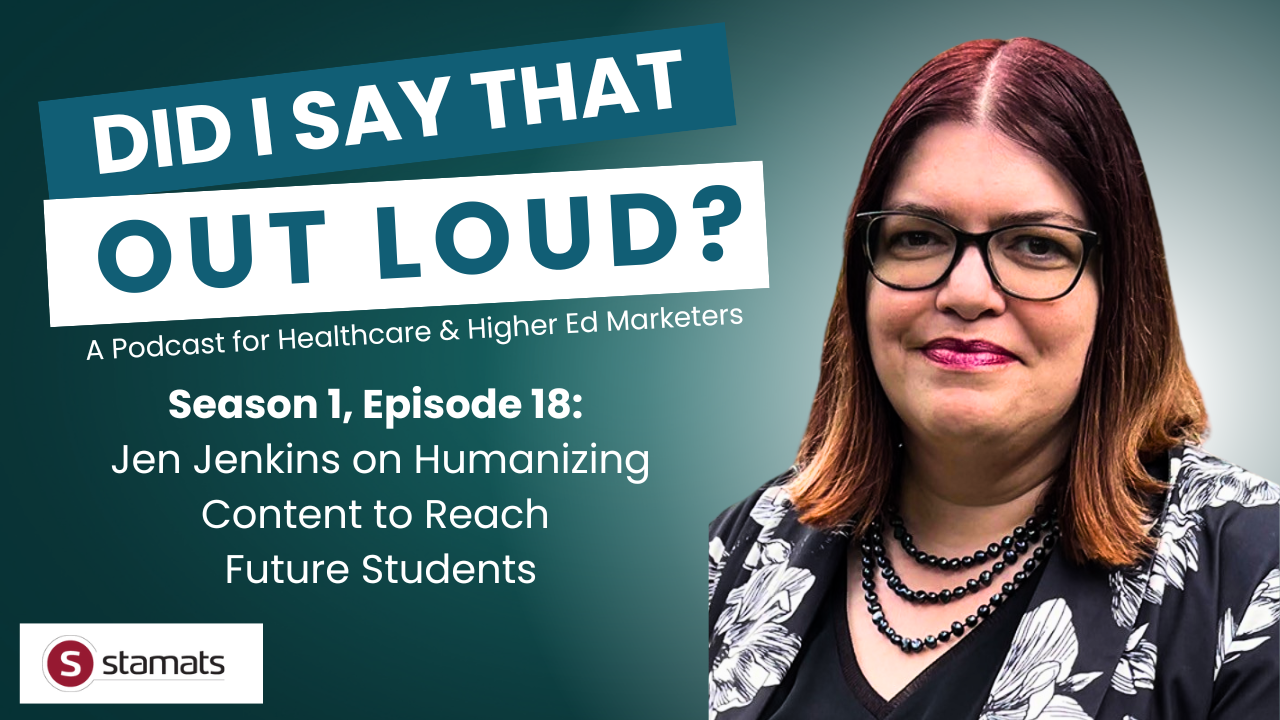Written by
on

In case you missed it in the end of the year hubbub, there was a very interesting research study completed by Public Agenda, with support from the Kresge Foundation.
In November 2018, the organization released the findings of a report about adult students.
One of the major findings is that prospective adult students appear to be unaware or, even worse, misinformed, about key factors that could affect their success as they pursue associate’s or bachelor’s degrees.
Below, I’ve highlighted a few data points from the study that support those findings:
- Less than half (47%) of adult prospective students say that knowing a college’s graduation rate is essential to choosing a school. We know, and many education experts agree, that an institution’s graduation rate is an important and accurate determinant of student success and the value of the education the student is paying for. This study finds that adult prospective students assume they will graduate, and few worry about dropping out.
- Just 18 % of adults surveyed have used an interactive website, like the White House Scorecard, to research schools. These sites, often evaluated by education watchdogs, researchers, and advocates, allow users to compare colleges and programs based on factors like cost, graduation and transfer rates, and the average time it takes students to graduate. Instead of these data-driven, bias-free sources, most students are gathering and receiving information about colleges from family, friends, or TV and billboard advertising.
- Over half (55%) say “nothing comes to mind” when they hear the term “for-profit college.” However, when they learn about what differentiates for-profit from not-for-profit schools—particularly in the ways they are funded and governed, and some of their student outcomes—focus group participants became less trustful of for-profit institutions.
Carolin Hagelskamp, Public Agenda’s director of research and lead author on the research report, sums it up this way, “Policymakers, private foundations and school leaders all spend a lot of money researching and publicizing data about college quality—they see it as critical information for consumers.
Yet these efforts are falling short. The prospective students we talked to wonder how this information is relevant to them—they just didn’t automatically care. Information alone is not going to be enough—it takes time and discussion for people to understand what data means to them and how it can help them make better decisions.”
Ready to Get Started?
Reach out to us to talk about your strategy and goals.


